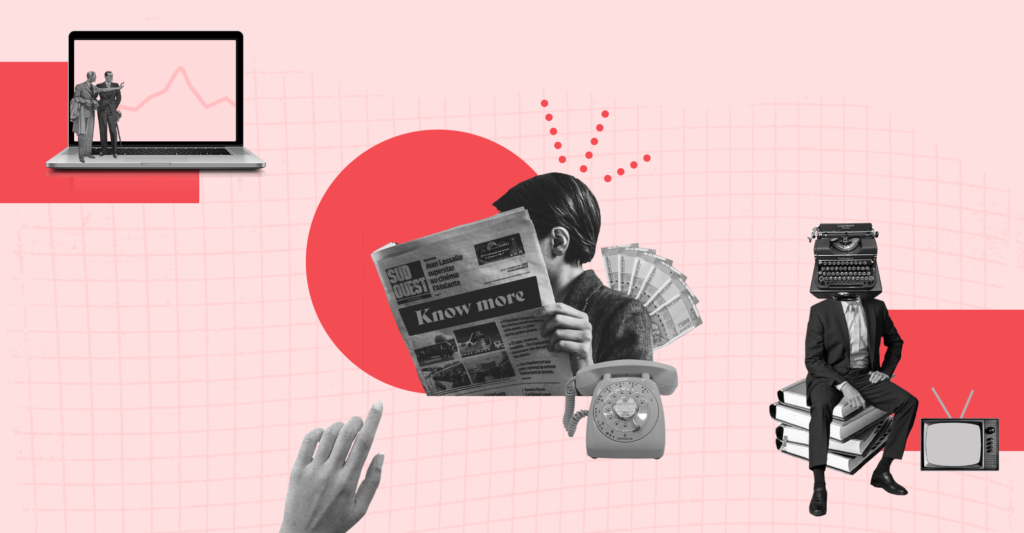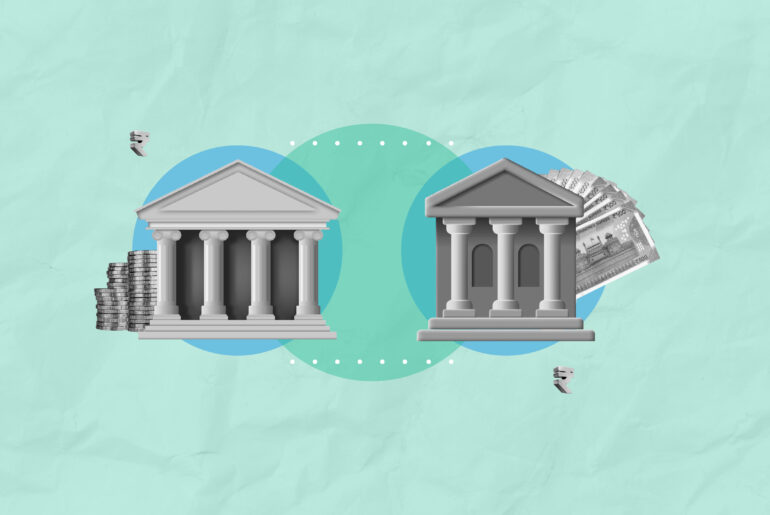Last Updated on Dec 21, 2021 by Manonmayi
E-commerce operators (ECOs) such as Zomato and Swiggy face the difficult task of updating their software in less than two weeks. The invoicing responsibility has also shifted from restaurants to them. The operators will be responsible for paying the 5% goods and services tax (GST) on restaurant services provided through them beginning 1 January 2022
In September 2021, it was declared that ECOs would be liable for tax on restaurant services delivered through them. On the other hand, procedures such as invoicing and other compliances were defined by a tax department circular released on 17 December 2021. According to this circular, the billing of the service mentioned above was delegated to ECOs.
Given that ECOs have just two weeks from the new year, 2022 to implement the modifications, Anita Rastogi, Partner at Price Waterhouse & Co., suggested that they receive an extension of time. She believes classifying each restaurant item and bringing in the software updates is a huge task.
Other factors further complicate compliance. Restaurants can give not only restaurant services but also items using these applications. For instance, people order Pizza and Coke as a combination. Pizza is a restaurant service for which these apps will pay 5% GST and adhere to the Coke TCS rule of 1% tax collected at source (TCS). The restaurant is responsible for paying the 28% GST on Coke. These two products in the same order will need two invoices – one from the app for Pizza and another from the restaurant for Coke – which might have been avoided by raising the TCS rate to 5%.
The GST Council’s decision to include food delivery apps, Zomato and Swiggy, within the ambit of the restaurant services and make them liable for tax is to shift responsibility from restaurants to apps. This decision makes compliance more widespread and accessible, even if the move will likely increase the tax incidence on small restaurants previously exempt from GST.
According to the Central Board of Indirect Taxes and Customs (CBIC), ECO will pay the total GST burden for restaurant services in cash, with no input tax credit (ITC).
The CBIC stated that online food delivery apps would continue to claim ITC for taxes paid on costs such as advertising and leases, which may provide some comfort.
- How To Declare Mutual Funds in ITR & Disclose Capital Gains in India? - Jun 6, 2025
- How To Sell or Exit Your Mutual Funds in India? - Jun 6, 2025
- Fund of Funds (FOF): Meaning, Types & Advantages - May 13, 2025





